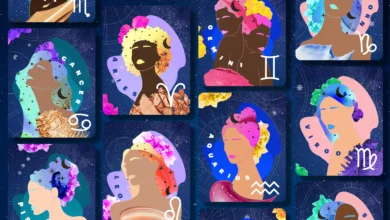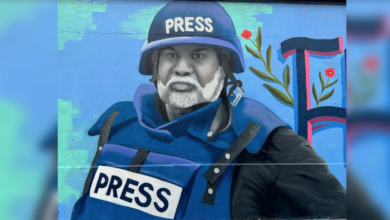Kuwaiti travels Arab world on bicycle

Cyclist Abdelrahman Al-Khamees, a young Kuwaiti with big dreams, wants to change the cycling scene in Kuwait and around the world. Khamees is planning to tour several Arab countries to shed light on Arab cyclists and mark their presence on the global cycling stage. Speaking to Kuwait Times, Khamees revealed his journey will start next week in Saudi Arabia, then Oman, Egypt and Morocco, and finally Tunisia.
“I created a project called meet the rider and the whole idea was to put humanity back in cycling. I wanted to introduce Arab cyclists to the world. I interviewed around nine cyclists in Kuwait and they opened up,” he said. Khamees created his blog ‘Paperclip’ to bring people together and share stories on how cycling can change lives. “I started a cycling blog in September 2021 to share my experience and use my platform for good. Not only to shed light on myself, but also on the community and pass the help I received from people. The idea of the name paperclip is bridging the gap between communities,” he said.
Khamees left Kuwait in 2013 to study in the United States, where he bought his first bike. “I did not know anything about bikes. I hate driving cars. I like to experience the world around me; driving insulates you and separates you from nature. I wanted to feel the air, rain, cold and heat. In Portland, they say that walking is too slow, driving is too fast; riding is just right,” he said. “When I was 21, I met many amazing people who offered to help improve my knowledge about bikes. I accepted the offer, and within four years, I went from not knowing how to shift a gear to building my own bike.”
Cycling helped Al-Khamees lose 92 kilograms. “I weighed over 150 kilograms. Over four years, I lost more than half of my body weight. The longest ride I’d done was from Portland, Oregon, to the Pacific Coast and back, around 410 kilometers. It took about five hours,” he said. “I got into groups and went on crazy rides early in the morning and would not come back until late in the evening. They were using roads to go to nature though forests and follow historical trails,” he said.
The groups would travel on those trails to relive history on bikes and “go to places that you never knew existed”. For example, they travelled on the Oregon Trail, recalled Khamees, which was laid by fur traders and trappers from 1811 to 1840 and was only passable on foot or on horseback. “We used to pack water filters, emergency food and blankets. Knowing those people opened a magical gate for me mentally,” he said.
When Khamees came back to Kuwait, he discovered a cycling community with over 300 riders, but there was a huge gap between them. “I want to bridge the gap and show the world that we have famous experienced riders in our Arab world, and that is what I’m doing by spending money to make a cycling guide, collect data, interview riders and reach out to companies for support,” he told Kuwait Times.
Khamees indicated he has faced many issues and challenges. For one, people in Kuwait don’t take his project seriously, leaving him hanging with proposals he spent hours working on. He called on concerned institutions to pay attention to the youth and support local talents. “My project will benefit the people. I hope riders also reach out (to me). I have a huge plan to launch an annual magazine to tell stories of Arab cyclists.”










